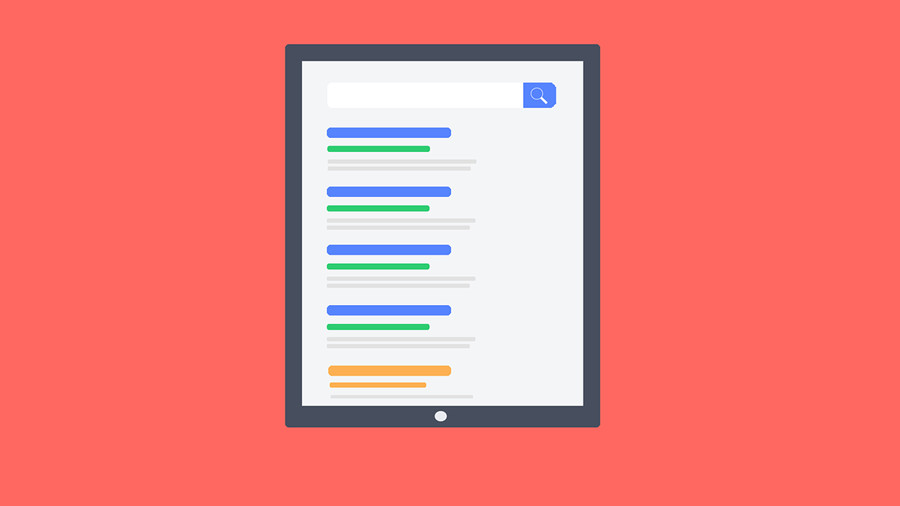Optimizing your website for search engines goes beyond just a checklist for better search result rankings. As Google updates, social trends, and economic shifts occur, how people search for information evolves. Moreover, relying on outdated advice or flawed tutorials can negatively impact your website’s performance. That’s why we’ve compiled a list of frequent SEO (Search Engine Optimization) errors and issues to monitor and promptly rectify.
SEO reports, issues and errors to fix
Regular SEO reports are essential for effective website performance management and tackling potential problems. Analyzing your content shouldn’t be a one-off task but a recurring practice to ensure everything is running smoothly.
While manual reporting is an option, a white-label SEO report tool offers a superior solution. It provides real-time performance data, a breakdown of errors needing attention, and guidance on addressing each issue.
Modern website analysis tools can generate overwhelming amounts of data, which might be difficult to decipher and may not contribute meaningfully to your objectives. Conversely, a well-structured white-label report delivers actionable insights and solutions for handling SEO errors and issues that require immediate action.
Consider engaging professional WordPress SEO services if your budget allows. These experts possess extensive industry knowledge and can quickly evaluate your SEO efforts, pinpoint areas for improvement, and develop strategies to enhance them.
While this service comes at a cost, the investment is cost-effective. Partnering with professionals saves you time and effort, as you won’t be left to implement strategies with uncertain outcomes.
Technical errors
Website or server updates can sometimes lead to technical SEO problems that directly impact bounce rates, indexing, and your website’s potential to appear in search results. Common technical errors include Status Codes and issues with canonical tags.
Users encounter a 404 status code error when clicking on a link to a page that has been moved or deleted. Less frequently, server-side issues can trigger 5xx HTTP status code errors. Therefore, exercise caution when updating content or redirecting pages to different URLs, as search engine crawlers and human visitors alike tend to abandon websites plagued by these problems.
There are numerous ways to type your homepage URL, from https://mywebsite.com to mywebsite.com or www.mywebsite.com. While these variations lead to the same page, Google and other search engines interpret them as distinct pages, potentially perceiving it as duplicate content.
Incorporating a rel canonical tag within a single instance of your homepage or any other page signals to web crawlers your preferred version of that page. This practice prevents being flagged as a website hosting excessive duplicate content.
Common SEO Mistakes To Fix: Crawlability errors
When it comes to crawlability errors that affect your SEO performance, redirect chains and 3xx status codes are common culprits. These issues suggest problems with resources being redirected to different addresses.
Redirect chains with too many instructions between the source and target URLs can cause crawlers to abandon their search for content. Similarly, 3xx status codes indicate URL redirection problems, potentially leading to your page being excluded from search engine results pages.
Another notable crawlability error involves using “nofollow” tags for URLs embedded within your content. These tags instruct search engines not to follow those links, effectively excluding them from indexing. Removing such tags can rectify this issue. For a visual representation of how different error types impact overall SEO performance, refer to this insightful Sitechecker infographic.

On-page errors
On-page SEO mistakes are also common. Apart from common content size and file type errors that can slow down loading times and create other performance issues, significant problems often lie in meta tags and ineffective linking strategies.
Title tags inform the audience about the central theme of your content, while meta descriptions provide a more comprehensive overview, offering a glimpse into what awaits them on the page. Missing, poorly written, or absent title tags and meta descriptions are critical errors that demand immediate attention.
Internal links, which direct visitors to other pages on your website, encourage them to spend more time on your domain. Problems with internal links frequently occur when linked pages are deleted or their URLs change.
External links are equally important, as they lead to authority websites that enhance the credibility of your information. It’s not uncommon to encounter inactive external links within your content due to removed pages or defunct websites. Regularly updating external links, particularly those pointing to statistics, is crucial.
Common SEO Mistakes To Fix: Conclusion
Maintaining a strong SEO ranking involves paying close attention to these common mistakes. Utilizing SEO tools simplifies this process, enabling regular and seamless website analysis. Keep in mind website performance benchmarks to understand which techniques yield the best results for your specific goals.
